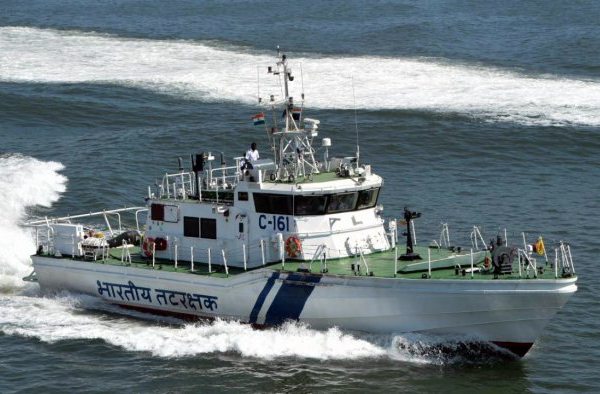The Ministry of Home Affairs (MHA) has approved a common communication plan for coastal security that envisages integrating marine law enforcement agencies into a single network for better coordination and seamless exchange of mission-critical information.
The plan will be able to integrate all coastal security agencies in a common communication network with a dedicated spectrum for the purpose, a senior Indian Navy official has said.
The dedicated spectrum will use a common band and it will be a “big step” in terms of boosting coastal security, said the official of the Western Naval Command, headquartered in Mumbai, who declined to be named.
The construct of coastal security involves joint operations, exercises, and activities, which require coordination between multiple agencies at the Command and Control Centre of the Navy and at the field – be it ashore or at sea, he said.
So communication between agencies and units involved with coastal security, especially those operating at sea, plays a vital role in cross-agency coordination and seamless exchange of mission-critical information on real-time basis so as to enable effective conduct of coastal security activities, according to the official.
This facet received an impetus after the recent appointment of a National Maritime Security Coordinator to oversee national maritime issues, the official said. Against this backdrop, the MHA had constituted a task force comprising representatives of all central and state agencies concerned to facilitate effective communication by coastal security stakeholders.
“The MHA recently promulgated a common communication plan for coastal security that will be able to integrate all coastal security agencies in a common communication network,” he said, adding the central ministry approved the plan last week.
In a related development, the official said space-based transponders for fishing boats, being developed by the Indian Space Research Organisation (ISRO), underwent successful trials in Gujarat and Tamil Nadu. Identification and tracking of illegitimate fishing boats is a major challenge in ensuring coastal security due to the huge number of boats plying in Indian waters. The space transponders will help to overcome this problem, the official pointed out.
“To overcome this challenge, a project was initiated by the ISRO to develop satellite-based transponders for fishing boats, especially those less than 20 metres in length,” he said. These were installed on fishing boats in Gujarat (408), Tamil Nadu (507), and Puducherry (46) for trials. After the success of the trials, coastal state authorities have been asked to implement their fitment in all mechanized fishing vessels, the official added.


















